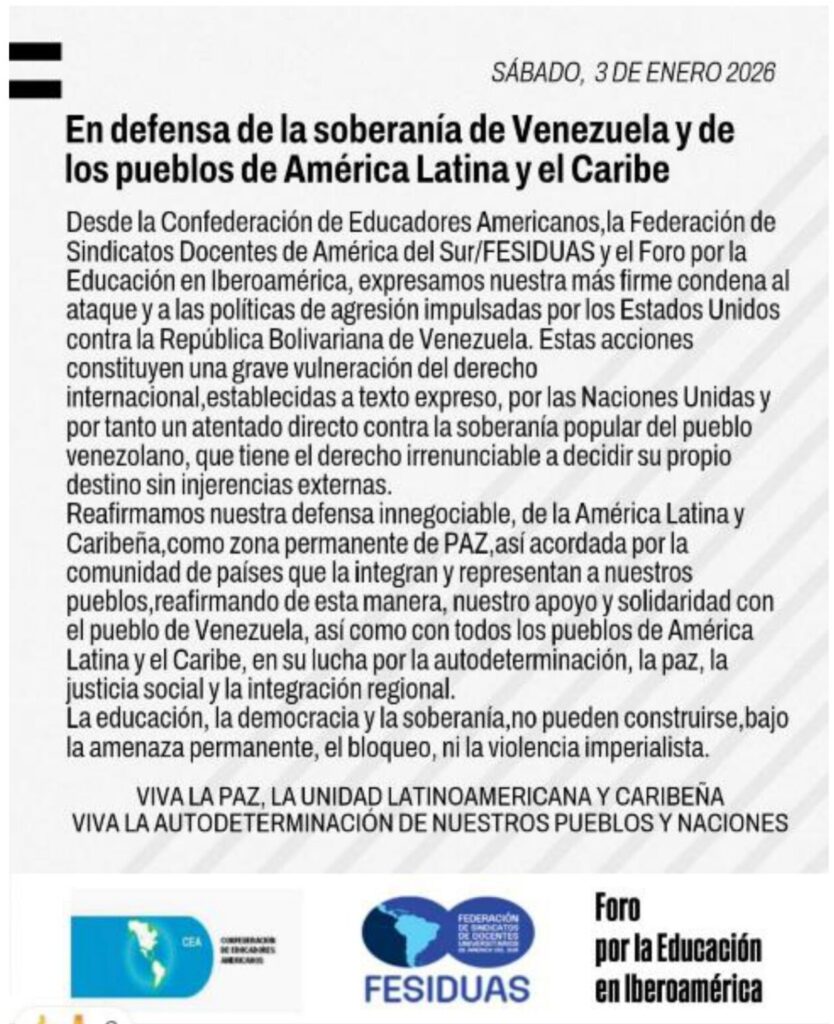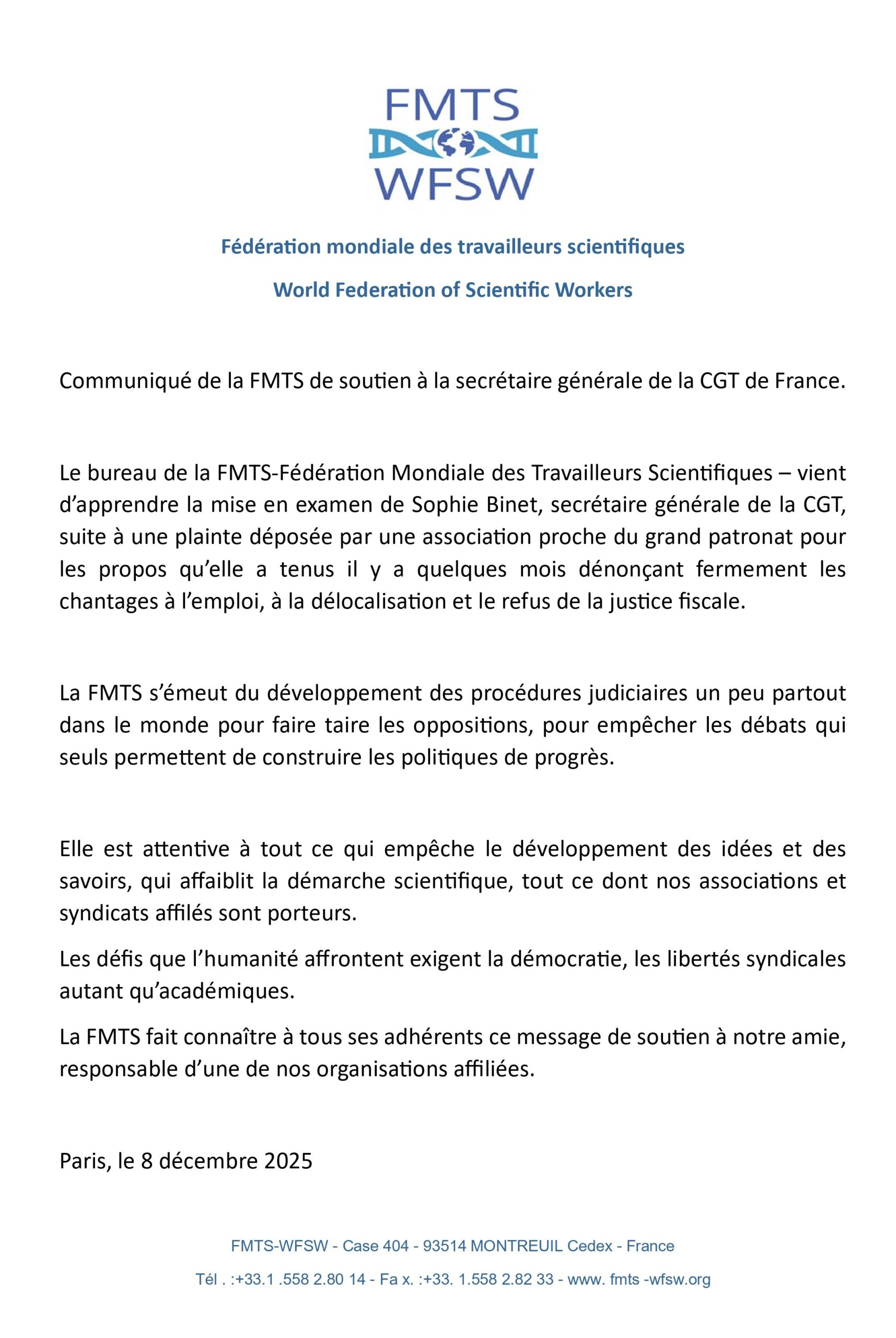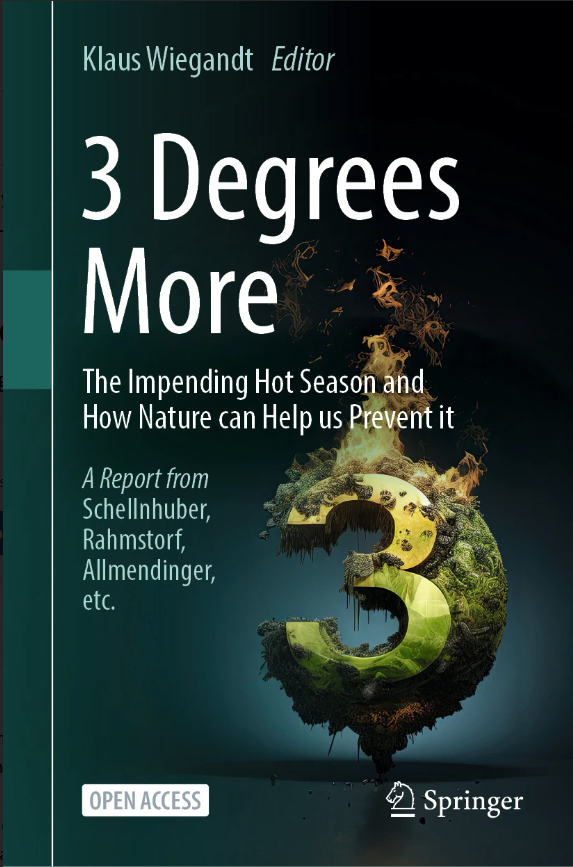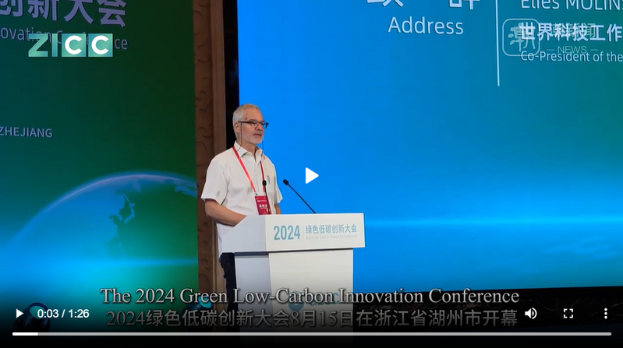Science “common good” versus “bad common”
by André Jaeglé, President Emeritus of the WFSW,
speech presented to the Forum “Science, the common good of Humanity”
A year ago, at Unesco’s General Conference, Member States affirmed their recognition of “the importance of science as a common good. »
This position is almost at the top of the UNESCO Recommendation concerning Science and Scientific Researchers adopted unanimously by the General Conference.
These are from the states. But what about ‘civil society’?
There are associations (NGOs) that fight cell phone network antennas because they produce electromagnetic waves. There are scientific studies on this subject. The rules to be respected to avoid accidents are known. But the NGOs I am talking about do not say that sunlight is also electromagnetic radiation. And that excessive exposure to the sun can lead to melanoma.
There are dozens and dozens of such phenomena.
These are obscurantist attitudes, or simply ordinary irrationalism. This is sometimes fuelled by the reality of a danger linked to the use of a technical process: for example asbestos or the treatment of nuclear waste.
It is not enough to appeal to reason or to highlight scientific successes to counterbalance these hostile attitudes. There is a fundamental problem that is much more difficult to solve, and that is what I would like to talk to you about.
***
“By October 2017 we would have consumed all that the planet can give us in one year. (World Wild Fund Switzerland)
It has been calculated that, in about 30 years, the oceans will contain more plastic than fish.
We can’t turn a deaf ear! These knews are resulting of scientific work. Further work will certainly provide us with new details.
And worst of all: increasingly serious doubts are being expressed about OUR ability to keep global warming within 1.5 to 2 degrees. (IPCC – IPCC) I say “our” capacity, because from whom does it depend? Who should do what? What about science in there? What is its place, its role?
Advertisements in this area are still very variable, sometimes contradictory. This means that scientific research must be conducted to clarify the nature of what is being prepared and to measure its intensity. The reality of what is being announced is indisputable. Research, a lot of scientific research is needed to find solutions.
Let us not forget the field of social sciences: for example, the harms of rationalized management methods on mental health when some employees are included in a system as mere organs. The word ‘burn-out’, which we hear more and more often, is in a way the whistleblower of what is going wrong in society.
The expression “on va droit dans le mur” (in French) summarizes these alerts. We fear a clash, a disaster. But we don’t know what kind of disaster. Personally, I share this pessimism.
One comes to wonder whether this is, in a way, the price of progress. But what is progress? It is not surprising that the idea that, perhaps, we will have to stop this frenzy of discoveries to avoid a catastrophe is born. The idea that science, after all, is not always a common good!
It’s not my idea. But this questioning of the role of science has all the more reason to be taken seriously since, as early as the 1960s, we began to denounce the collusion of scientists with what was called the military-industrial complex. In fact, a significant part of the world’s scientific community was fighting the arms race. But there were also renowned scientists who deserved this accusation.
There may be a connection between the irrational attitudes I mentioned and the idea that we need to stop this crazy march to progress, because if we don’t change anything, we are certainly going straight into the wall.
These are the reasons that led us to reserve part of this Forum for the question “science in our heads”: the idea we have of the responsibility of science… but who is responsible?
***
I would like to draw your attention to the following: most national economies face global competition, whether they like it or not. It is necessary to “innovate” to conquer markets, create new markets and therefore new consumption, improve competitiveness and create jobs. This is becoming the main criterion for determining national science policies. As a result, if a government wants to impose an “ethical” rule, it can make the country’s economy vulnerable, if it alone makes such a decision.
If we want this Forum to be useful, that is, to contribute to raising the quality of the debate on the role of science in our society, if we want it to contribute to a better understanding of the relationship between scientific knowledge and the challenges of society, we must accept the idea that we must also question the current logic of international economic relations, that is, the international treaties that underpin this logic. To renounce it is to expose oneself to the risk that science will increasingly be perceived as both a common evil and a common good. And this brings us back to the Recommendation concerning science and scientific researchers.
Articles 4 to 11 of the Recommendation, grouped under the title “scientific researchers and national policy development”, constitute a kind of action agenda for the common scientific asset:
Article 4:[…] Member States should ensure that research and development does not take place in isolation, but is an explicit component of the overall effort of nations to build a more humane, just and inclusive society[…] and to work towards the ideals of the United Nations and internationally agreed goals, while giving sufficient place to science itself.
Article 8: Member States should develop the possibility for scientific researchers to participate in the development of national science, technology and innovation policies. […].
I would like to stress the last word “innovation”. It is precisely this that escapes this participatory process because it is determined by this economic logic of unbridled competition.
At this stage of my contribution to this Forum, I refer to what is written in the Encyclical Laudato si by Pope Francis:
“Given the extent of the changes, it is no longer possible to find a specific and independent answer to each part of the problem. It is essential to seek comprehensive solutions that take into account the interactions of natural systems with each other and with social systems. There are not two separate crises, one environmental and one social, but one complex socio-environmental crisis. “It is paragraph 139 of the Encyclical.
Yes: everything fits together. This forum is a meeting between scientists and other people, NGOs who are not scientists but who know that science is an important thing for our future. Important because it can provide solutions to some problems, but not all problems. There are also problems whose solution does not depend on science. A forum like this one should help us to understand what depends on us as citizens, outside the scientific field. I hope that it will help us to discover what we should do: in particular, to better define what we, as citizens, whoever we are, should ask political authorities, governmental and intergovernmental institutions, whether it is peace, poverty, education, etc., without forgetting the most important thing in my opinion: international economic and financial relations. Each one for himself is no longer possible. It is even dangerous because it allows all excesses.
And, since we are here from the Russian Academy of Sciences, UNESCO AND Unesco’s NGO partners, I think we should address those who are interested in the role of science, and invite them to work so that the Recommendation concerning Science and Scientific Researchers becomes the beacon on the path of all those who recognize themselves as carrying a share of personal responsibility for the future of the planet and those who live there.
Translated with www.DeepL.com/Translator





